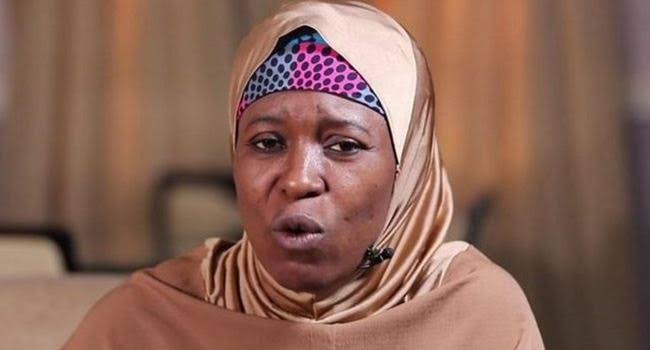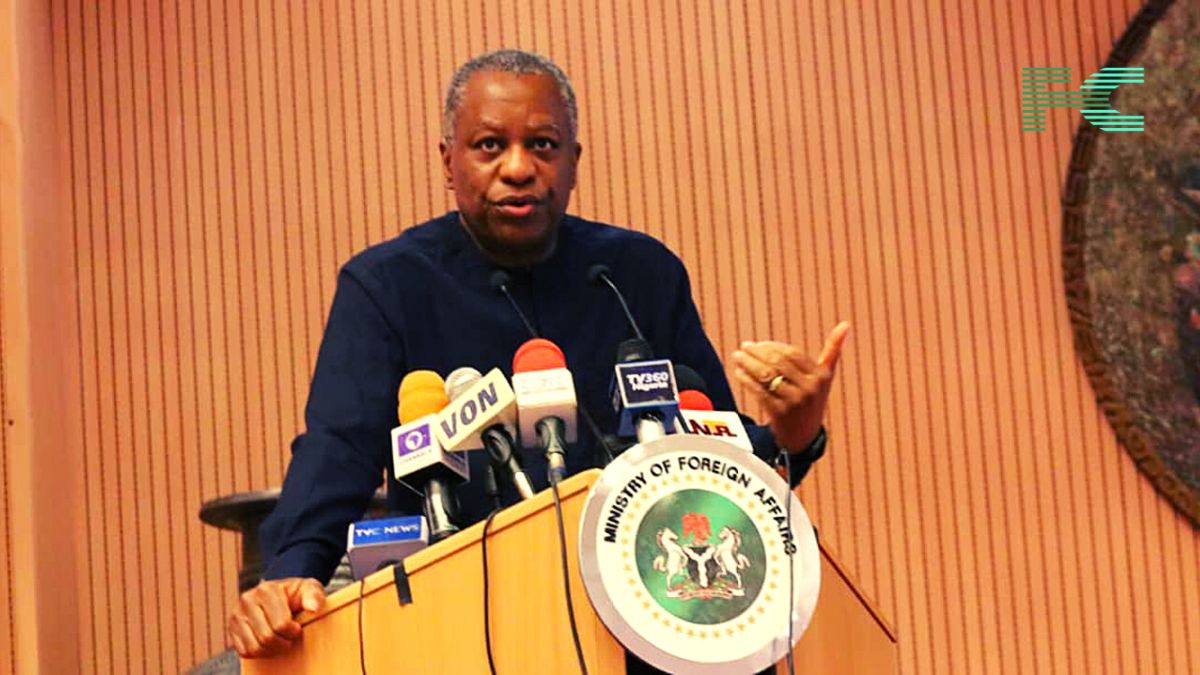Nigerian frontline rights activist Aisha Yesufu recently shared her ideas for transforming Nigeria if she were president. In a post on her X (formerly Twitter) handle, she outlined several bold proposals aimed at tackling the country’s challenges, from economic reforms to addressing insecurity.
A Vision for Economic Growth
Yesufu’s first major proposal is to eliminate import duties on all goods. She believes this would make goods significantly cheaper, positioning Nigeria as the go-to destination for affordable products across Africa and even other continents.
“If I was the President of Nigeria, I would propose that we do away with import duties on all goods,” Yesufu wrote. “Ensure that goods coming into Nigeria are extremely cheap, then focus on making the country the default place for cheap goods for Africa and beyond.”

She also emphasized the importance of creating an enabling environment to attract industries to Nigeria. Her plans include massive infrastructure development and providing access to affordable capital, which she says would encourage global companies to set up manufacturing hubs in Nigeria.
Security and Tourism
Yesufu sees tackling insecurity as a cornerstone of economic revitalization. She highlighted the potential of Nigeria’s tourism sector, envisioning a future where tourists and businesspeople feel safe traveling to and within the country.
“People coming to buy goods will use transportation and stay in hotels,” she explained, linking tourism and commerce as complementary pillars of economic growth.
Building Human Capital
One of her most ambitious ideas involves investing heavily in education and skills training. She envisions a shift away from traditional certificate-focused education to one that prepares students for 21st-century jobs.
“I want Apple to have the skilled workers and infrastructure they need to come and make their products here for the African market and the rest of the world,” she wrote.
A Call for Change
While Yesufu did not explicitly announce any plans to run for office, her post appears to be a challenge to the government to step up in the face of rising inflation and persistent insecurity. It also raises a broader question: could Nigerian politics benefit from “fresh blood,” as many citizens have called for?
Yesufu’s proposals are undeniably ambitious and may seem “crazy,” as she herself admitted. But with the right leadership and commitment, they could provide a roadmap for significant progress in Nigeria.
Bottom Line
Whether or not Aisha Yesufu has presidential ambitions, her vision highlights the urgent need for innovative solutions to Nigeria’s challenges. Could such ideas spark a broader movement for change, or are they simply a glimpse of what could be? Only time will tell.

















